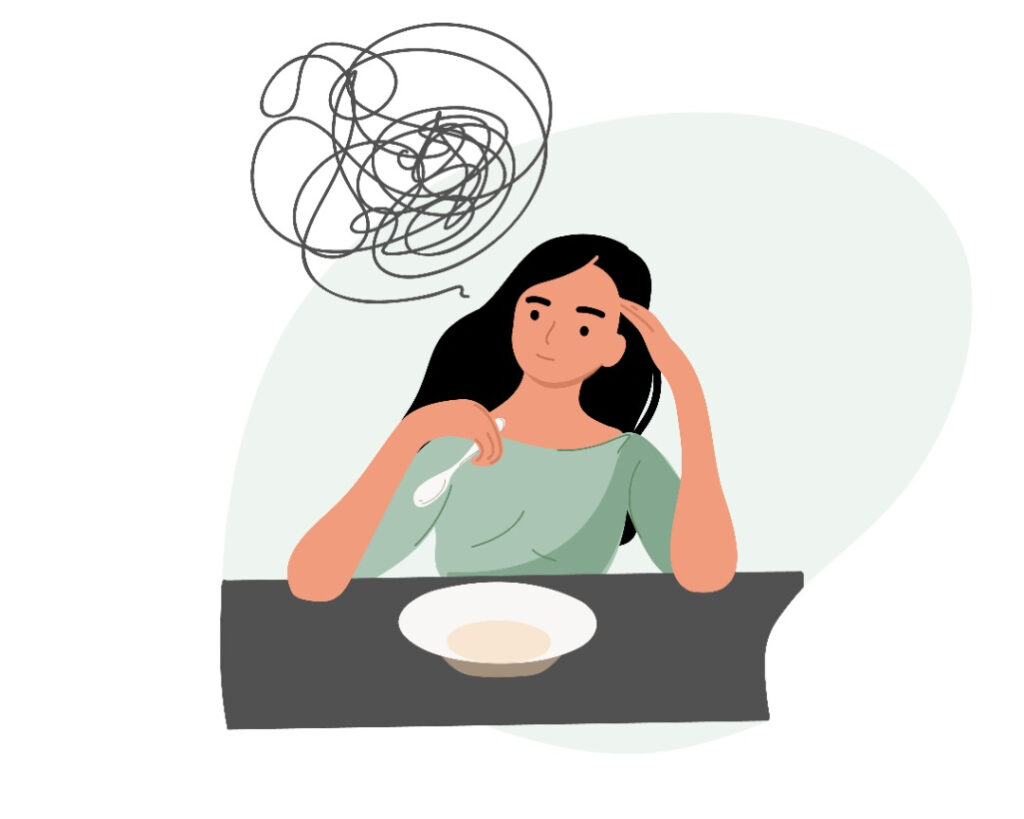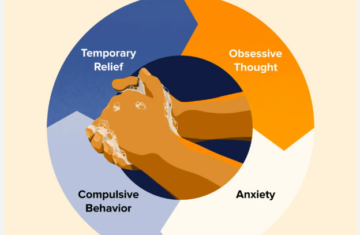
Counseling for eating disorders is a crucial and effective form of treatment. If you or someone you know is struggling with an eating disorder, seeking professional help is highly recommended. Counseling can provide emotional support, coping strategies, and behavior change techniques to help individuals overcome the challenges associated with eating disorders. Here are some important aspects of counseling for eating disorders:
-
Types of Counseling: Different types of counseling approaches can be effective for treating eating disorders. These include Cognitive-Behavioral Therapy (CBT), Dialectical Behavior Therapy (DBT), Family-Based Therapy (FBT), Interpersonal Psychotherapy (IPT), and more. The choice of approach may depend on the individual’s needs and the severity of the disorder.
-
Therapist Expertise: It’s important to work with a therapist who specializes in treating eating disorders. These professionals have specialized training and experience in dealing with the complex psychological and emotional factors that contribute to these disorders.
-
Individual and Group Therapy: Individual therapy sessions provide personalized support and guidance tailored to the individual’s needs. Group therapy can also be beneficial, as it offers a sense of community and allows individuals to connect with others who are facing similar challenges.
-
Addressing Underlying Issues: Eating disorders are often linked to underlying emotional, psychological, and environmental factors. Effective counseling helps identify and address these root causes to promote lasting recovery.
-
Behavioral Change: Counseling helps individuals develop healthier attitudes and behaviors related to food, body image, and self-esteem. It teaches skills for managing triggers, dealing with negative emotions, and developing a more positive self-image.
-
Nutritional Education: Many counseling programs also incorporate nutritional education to help individuals understand healthy eating habits and make informed choices about food.
-
Support for Families: Eating disorders can affect not only the individual but also their families. Family therapy or involvement may be important, especially in cases of younger individuals or when family dynamics play a significant role.
-
Relapse Prevention: Counseling equips individuals with strategies to prevent relapse and manage potential setbacks. Learning to recognize warning signs and developing coping mechanisms is crucial for maintaining progress.
-
Holistic Approach: Effective counseling for eating disorders takes a holistic approach, addressing physical, emotional, and psychological well-being. It helps individuals build a healthier relationship with themselves and their bodies.
-
Long-Term Support: Recovery from an eating disorder is an ongoing process. Continued counseling, even after initial progress, can provide ongoing support, reinforcement of skills, and a safe space to discuss challenges that may arise.
Remember that seeking help for an eating disorder is a sign of strength, not weakness. If you or someone you know is struggling with an eating disorder, reach out and give me a call




